This week ResearchGate informed us that the paper ‘The Importance of Positionality for Qualitative Researchers‘ by Bournemouth University M.Res. student Ms. Hannah Gurr has been read over 800 times. The co-authors are Hannah’s supervisors Dr. Louise Oliver, Dr. Orlanda Harvey and Prof. Edwin van Teijlingen in the Faculty of Health & Social Sciences (FHSS), and one of Nepal’s foremost sociology of health and illness researchers Prof. Madhusudan Subedi. 
The paper is of particular interest for qualitative and mixed-methods researchers as these researchers are especially required to be critically reflective and explain to readers their positionality on their work. This account can be relatively straightforward, but there are occasions when this process of reflection and outlining one’s positionality is much more complicated. This method-paper explains this process. It outlines, using examples of different occasions and situations, where and why such complications may arise, for example, around values and personal experiences. It concludes with further practical advice on writing the section on positionality for novice social scientists. The journal in which this methodological paper is published is Open Access and therefor freely available to read for anybody across the globe.
Reference:
- Gurr, H., Oliver, L., Harvey, O., Subedi, M., van Teijlingen, E. (2024) The Importance of Positionality for Qualitative Researchers, Dhaulagiri Journal of Sociology and Anthropology 18(1): 48-54,
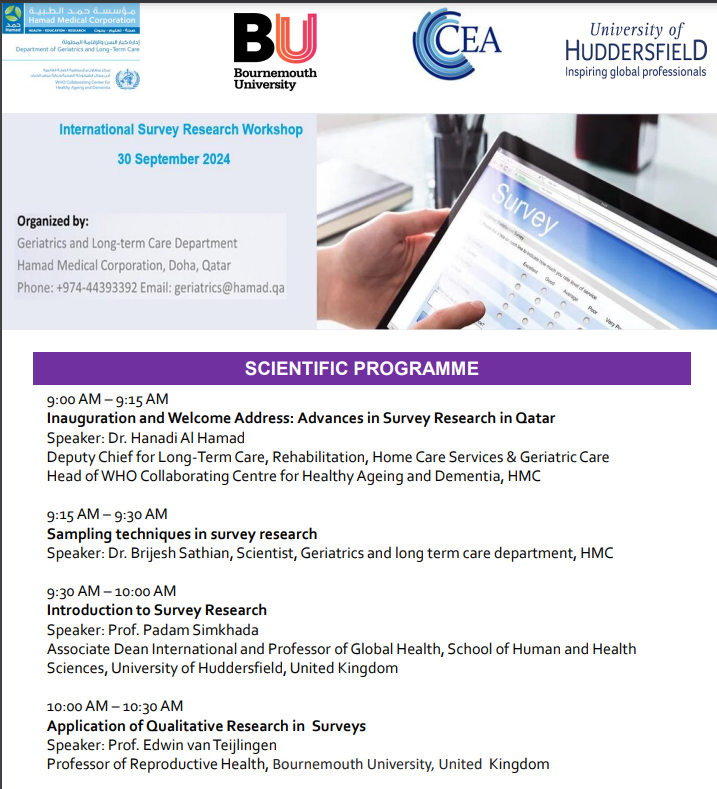
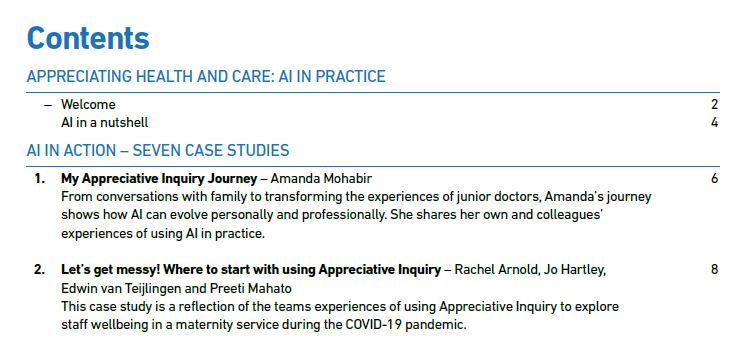

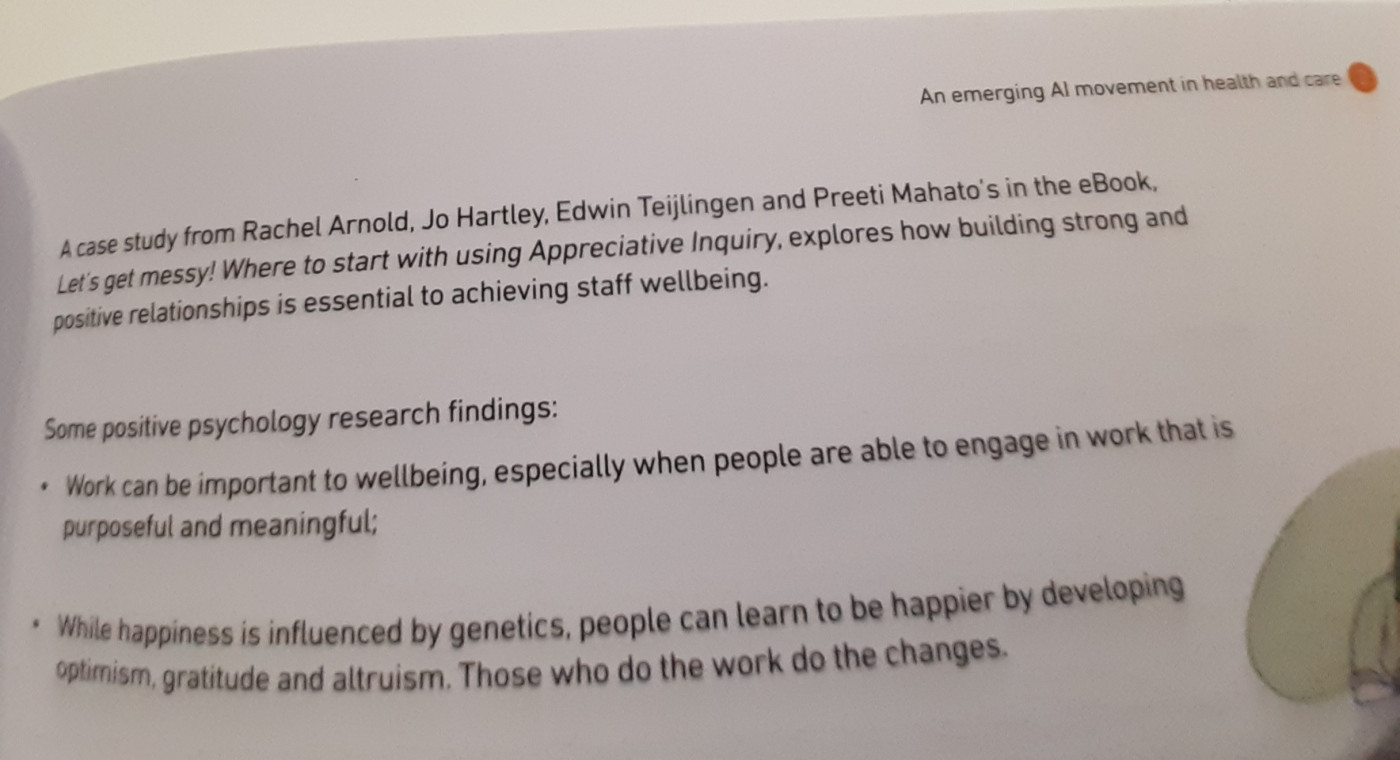
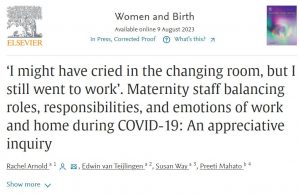
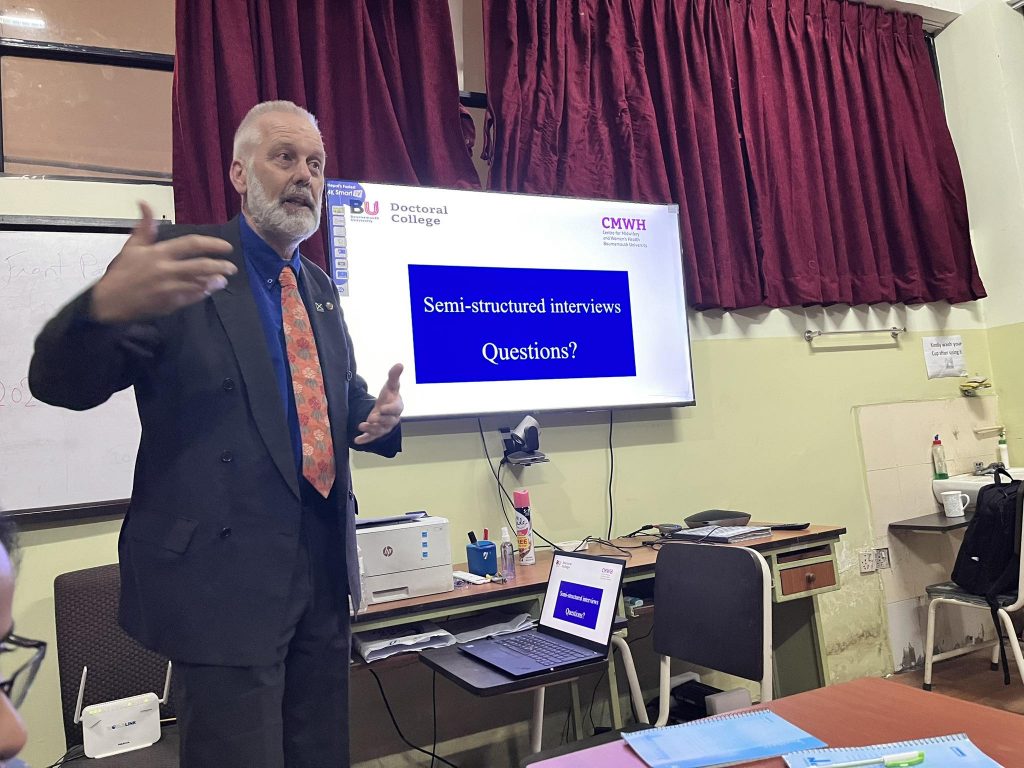
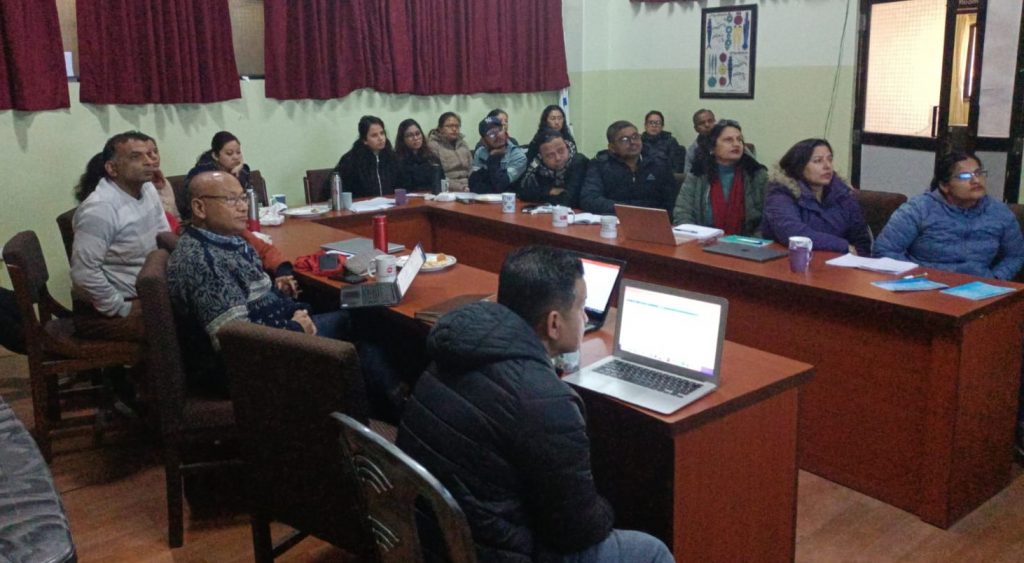
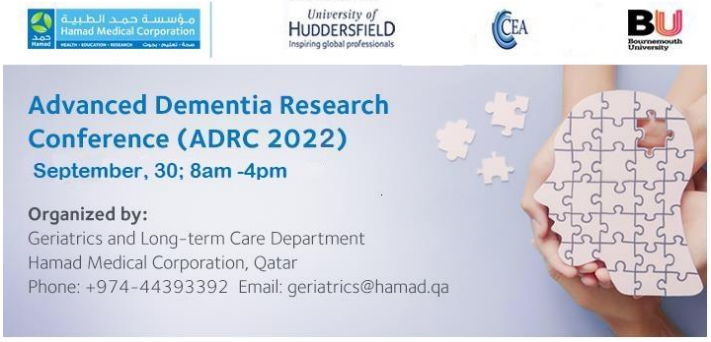
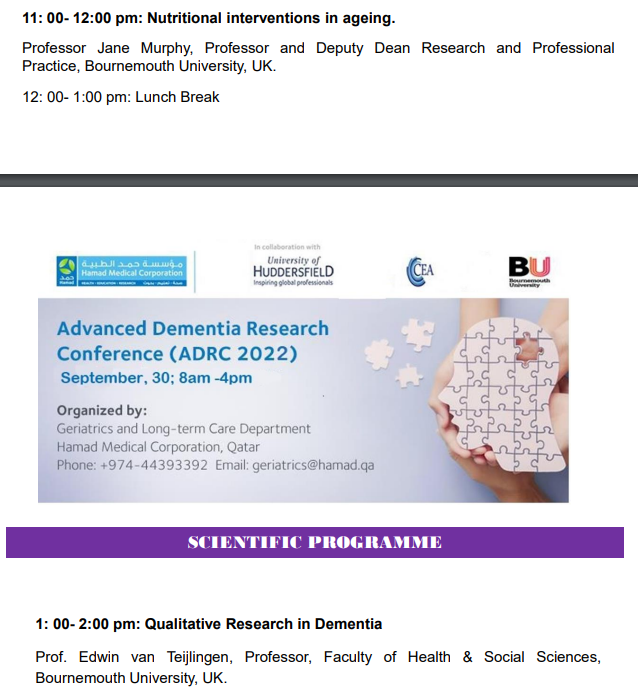

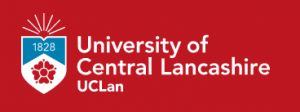
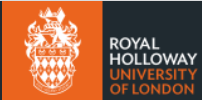
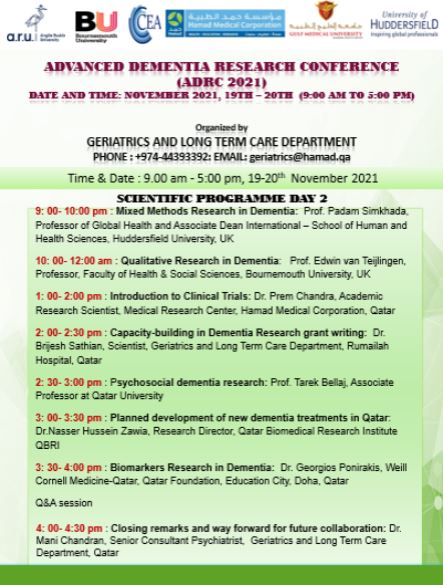
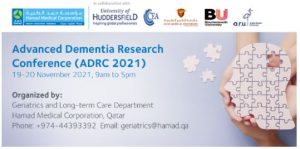


















 Second NIHR MIHERC meeting in Bournemouth this week
Second NIHR MIHERC meeting in Bournemouth this week Dr. Ashraf cited on ‘Modest Fashion’ in The Guardian
Dr. Ashraf cited on ‘Modest Fashion’ in The Guardian NIHR-funded research launches website
NIHR-funded research launches website MSCA Postdoctoral Fellowships 2025 Call
MSCA Postdoctoral Fellowships 2025 Call ERC Advanced Grant 2025 Webinar
ERC Advanced Grant 2025 Webinar Horizon Europe Work Programme 2025 Published
Horizon Europe Work Programme 2025 Published Horizon Europe 2025 Work Programme pre-Published
Horizon Europe 2025 Work Programme pre-Published Update on UKRO services
Update on UKRO services European research project exploring use of ‘virtual twins’ to better manage metabolic associated fatty liver disease
European research project exploring use of ‘virtual twins’ to better manage metabolic associated fatty liver disease